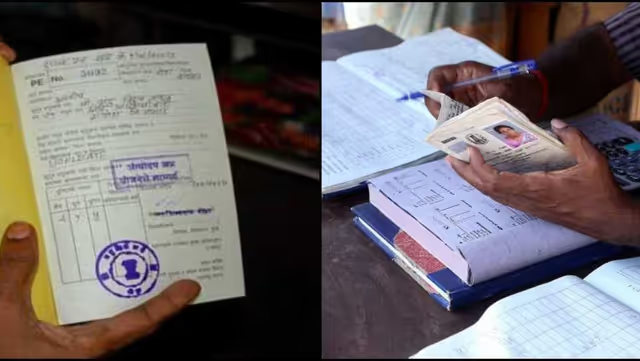The Tripura government has taken a significant step toward modernizing its public distribution system by launching an initiative to replace paper ration cards with more durable PVC cards. Officials confirmed on Friday that the process of printing nearly four lakh PVC ration cards is already underway. The Department of Food, Civil Supplies and Consumer Affairs has initiated this change to improve the longevity of ration cards and ensure smoother delivery of essential services to beneficiaries.
Authorities decided to introduce the PVC cards after receiving frequent complaints about the poor quality and quick deterioration of the traditional paper ration cards. In many rural and flood-prone areas of Tripura, paper cards often tore easily or got damaged by moisture, leading to identity verification issues and unnecessary hassles for cardholders. By switching to plastic-based cards, the government aims to reduce such challenges and create a more reliable identification tool for those enrolled under the National Food Security Act.
The official overseeing the project stated that the printing of the PVC cards began in March and is expected to be completed within the next few months. Each district has received instructions to compile updated data of cardholders and rectify any discrepancies in names, addresses, or family member listings. Authorities have asked ration shop dealers and municipal officials to support the data verification drive. Once verified, the new PVC cards will be distributed through local fair price shops.
The PVC ration cards will not only resist wear and tear but also contain QR codes and unique identification numbers that will be integrated with Aadhaar data for improved transparency and tracking. Officials believe this move will streamline the distribution of food grains, reduce instances of fraud, and bring greater accountability to the public distribution network. They also expect the cards to be helpful during digital verification drives, as the government gradually shifts toward tech-based governance.
Chief Minister Dr. Manik Saha has emphasized the state’s commitment to improving beneficiary experiences through innovation. He described the PVC ration card rollout as a forward-looking step that aligns with Tripura’s broader goals of administrative efficiency and technological advancement. The Chief Minister also noted that similar initiatives in other states have resulted in better service delivery and urged all departments involved to complete the transition on time.
In response to concerns about accessibility for people in remote regions, officials assured that special camps would be organized in far-flung areas to ensure that no beneficiary is left out. The government has promised to include additional support mechanisms for the elderly and disabled during the card distribution process. Authorities will also provide helplines to address grievances or report issues related to the new cards.
Officials are also focusing on public awareness. They plan to launch an information campaign through radio, television, and local newspapers to inform residents about the benefits of the PVC cards, the process of data verification, and what beneficiaries need to do to receive their updated cards. The campaign will highlight how the new cards aim to curb duplication and ensure timely access to rations.
The government has allocated funds from its central and state budgets to finance the project and has assured that beneficiaries will not have to pay for the replacement. Officials are also working closely with card-printing vendors to ensure that quality standards are met and that cards remain functional for years to come.
The Tripura administration sees this initiative as a foundation for broader digital integration of public services. Once the ration cards are fully digitized, the government plans to link them with other welfare schemes and create a centralized database for better resource planning. As the state prepares for this transition, officials remain confident that the move from paper to PVC cards will empower citizens and make welfare delivery more reliable.


